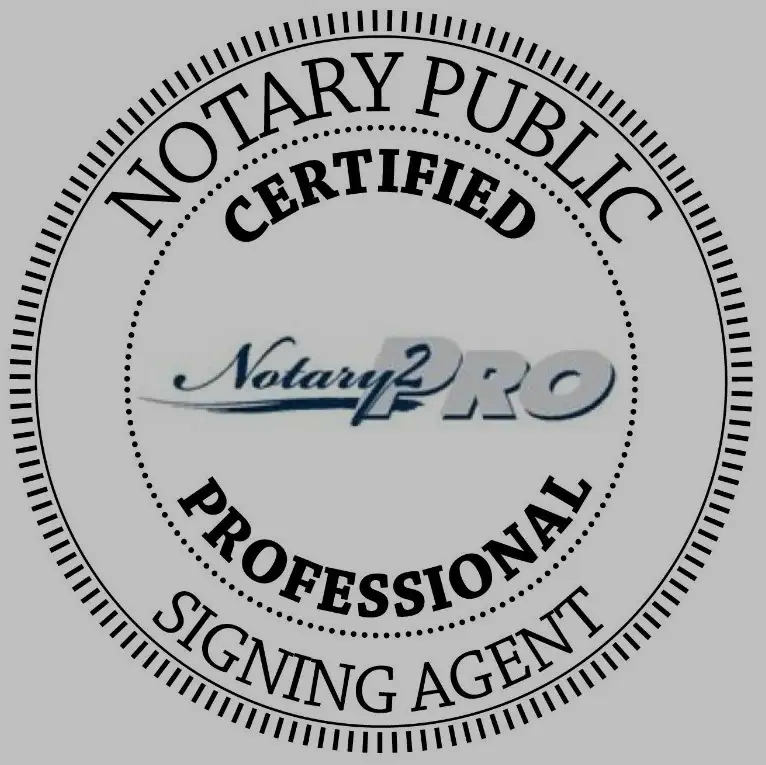Need Help?
- <>What is a Notary Public?
A Notary Public is a state-appointed individual who verifies a signer’s identity using approved identification and takes acknowledgment of the individual executing the document, or administers an oath witnessing the signing of the document. Notaries do not give legal advice or verify that documents are true or legally binding.
- <>Do Notaries draft legal documents?
A Notary Public is forbidden from preparing legal documents or acting as a legal advisor. Violators may be fined and/or imprisoned for practicing law unauthorized.
- <>What does a Notary Public charge?
The maximum fee per signature is $5 mandated by the State of Virginia. The state does not impose the maximum a notary may charge for other fees. Travel and convenience fees are charged at their discretion. The cost of service will vary based on appointment location, distance traveled, and a number of signatures notarized.
- <>Why do documents need to be notarized?
The Notary Public officiates the document signing process insuring the documents are signed correctly and that signers are knowingly and willingly entering into an agreement. Documents must contain the proper notarial wording and text committing the signer in some way.
- <>Can an incomplete document be notarized?
Notarizing incomplete documents or those containing blank spaces is risky and unacceptable due to potential fraud. A Notary must ensure a document is complete with no missing information before proceeding with an assignment and shall refuse service otherwise.
- <>Can a Notary decline to help me?
A Notary can refuse service if there's a reasonable suspicion that a transaction is unlawful, improper, or incomplete. Failing to provide acceptable identification at a signing appointment also serves as grounds to deny a notarization.
- <>Can any document be notarized?
For a document to be notarized it must contain the proper notarial wording, text committing the signer, an original signature, and a completed certificate.
The following documents should never be notarized:
- I-9 Form
- Copies of Vital Records
- Issued documents (Birth Certificate, Death Certificate, and Marriage Certificate)
- <>What form of ID do I need to get a document notarized?
Signers must be identified either by personal knowledge or by one or more of the following nine (unexpired) documents:
- United States Passport
- U.S. Passport Card
- Certificate of United States Citizenship
- Certificate of Naturalization
- Foreign Passport
- Alien Registration Card with Photograph
- State-issued Driver’s License
- State-issued Identification Card
- United States Military Identification Card
- Personally known, which means the Notary Public has an established relationship with the individual (regular interaction over a period of time).


